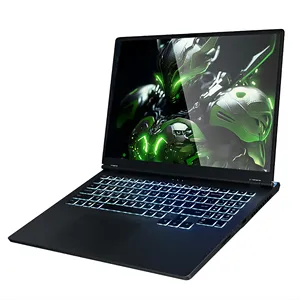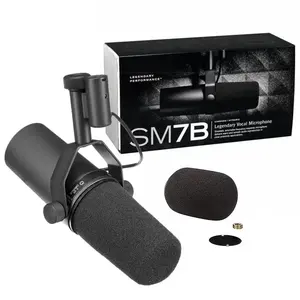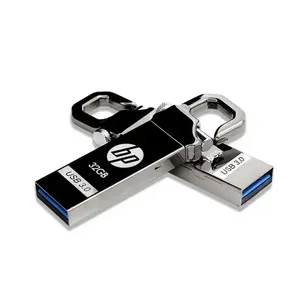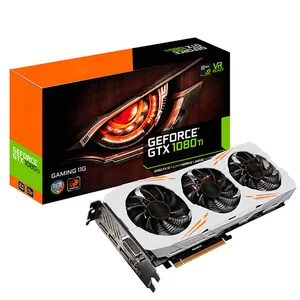Popular in your industry


























































































 Ready to Ship
Ready to Ship


































































Top categories
About cube pc case
Another name for a cube PC case is a computer chassis or tower. The popularity of PC cases began to rise in the 1980s with the advent of personal computers. Manufacturers started producing dedicated cases as the need for housing computer components in a structured and organized manner grew. Over time, ATX cube cases have evolved in design, size, and features to accommodate changing technology and user preferences, becoming essential in building and customizing desktop computers.
What does a cube PC case do?
The PC case provides a protective enclosure for the internal components of a computer, shielding them from physical damage, dust, and debris. The case helps organize and secure the various components of a computer, such as the motherboard, power supply, storage drives, and expansion cards, in a structured manner. PC cases often include fans or ventilation systems to facilitate airflow and prevent overheating internal components. ATX cube computer cases may also have space for additional cooling solutions like liquid cooling systems or aftermarket fans. PC cases provide front panel connectors and ports for easy access to USB ports, audio jacks, and other peripheral connections. They also offer easy access to the internal components for maintenance or upgrades.
What is the difference between a cube PC case and a PC?
The main difference between a PC case like the micro ATX cube case and a PC is that the PC case refers specifically to the enclosure or housing that holds the internal components of a computer, including the motherboard, power supply, storage drives, and expansion cards. On the other hand, a PC (personal computer) refers to the entire system, including the case and the central processing unit (CPU), memory, storage, peripherals, and operating system. The PC case is just one component of the overall PC system.
Can any cube PC case be used for a personal computer?
While using any case for a PC is technically possible, it is crucial to consider compatibility and functionality. Not all cases will fit all motherboards, power supplies, and other components. Factors such as form factor (ATX, Micro-ATX, Mini ITX cube case), size, and mounting options must be considered. Additionally, the case should have sufficient space for cooling solutions, storage drives, and expansion cards that will be used. Choosing a case specifically designed for the type of components that will be used is recommended. This ensures proper fit, cable management, airflow, and accessibility. Researching and selecting a case that meets requirements and is compatible with the chosen components will result in a more efficient and aesthetically pleasing PC build.


























































































